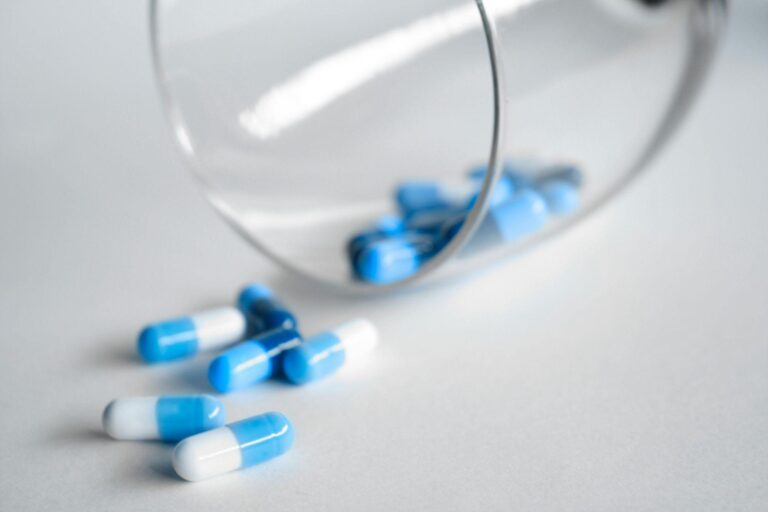Understanding the body’s natural mechanisms for processing alcohol is essential, particularly the liver’s pivotal role in metabolizing ethanol. Enzymes such as alcohol dehydrogenase and aldehyde dehydrogenase are key players in converting alcohol into less harmful substances. However, this process is not instantaneous and can be influenced by various factors. With the kidneys, lungs, and even sweat glands contributing to alcohol elimination, one might wonder how lifestyle choices, such as diet and hydration, can enhance these natural functions. What other methods might exist to support this intricate detoxification process?
Natural Detoxification Process
In the natural detoxification process, the human body utilizes its innate mechanisms to metabolize and eliminate alcohol. The liver plays a vital role in breaking down ethanol using enzymes like alcohol dehydrogenase (ADH) and aldehyde dehydrogenase (ALDH). ADH oxidizes ethanol to acetaldehyde, which ALDH further metabolizes to acetate. This process highlights the body’s ability to naturally detoxify, with acetate further processed into water and carbon dioxide and expelled. Other body mechanisms also contribute to alcohol detoxification. The kidneys filter and excrete alcohol via urine, the lungs expel minimal amounts during exhalation, and sweat glands release alcohol through perspiration. The efficiency of these processes varies among individuals due to factors like genetics and overall health, emphasizing the body’s intrinsic capability to manage alcohol exposure.
Methods to Support Liver Function
Supporting liver function is essential for enhancing the body’s ability to metabolize and eliminate alcohol efficiently. A balanced diet rich in antioxidants, vitamins, and minerals provides the liver with essential nutrients. Including foods like leafy greens and berries can mitigate oxidative stress and support detoxification. Specific nutrients, like vitamin E and omega-3 fatty acids, reduce inflammation and promote liver cell regeneration, found in foods like fish and seeds. Additionally, reducing processed foods allows the liver to focus on alcohol metabolism. Overall, ensuring the liver’s health through diet choices is critical for effective alcohol detoxification.

Final Thoughts
The elimination of alcohol from the body is a complex process primarily facilitated by the liver, where enzymes like alcohol dehydrogenase and aldehyde dehydrogenase convert ethanol into less harmful compounds. The kidneys, lungs, and sweat glands also contribute to excretion. Supporting liver function through a balanced diet and proper hydration is vital for enhancing these detoxification pathways. Consequently, maintaining ideal liver health and hydration levels is essential for efficient alcohol metabolism and clearance from the system. At Altitude Recovery, we’re here to elevate you from the challenges of substance use to a place of lasting resilience and renewal. Our dedicated team crafts personalized, evidence-based treatment plans, guiding you on a journey uniquely tailored to your needs and goals. Reach out for the compassionate support you deserve on your path to wellness by contacting us. Follow us on Facebook for more insights, resources, and stories of hope as we walk alongside you towards recovery.
Frequently Asked Questions
How Long Does Alcohol Typically Stay in Your System?
The duration alcohol remains in the system is influenced by factors such as blood alcohol concentration and liver function. Typically, alcohol is metabolized at a steady rate of about 0.015% per hour. For an average adult, one standard drink may take approximately 1-2 hours to be processed. However, impaired liver function can extend this duration, as the liver is the primary organ responsible for alcohol metabolism and clearance from the bloodstream.
Can Exercise Speed up Alcohol Detoxification?
The inquiry into whether exercise can expedite alcohol detoxification reveals nuanced insights. Exercise benefits include a potential metabolism boost, which might theoretically enhance the body’s processing capabilities. However, scientific evidence remains inconclusive regarding exercise’s direct impact on alcohol elimination. While physical activity promotes overall health, its role in accelerating alcohol clearance from the system is not definitively established. Consequently, exercise should be viewed as a complement, not a substitute, for effective detoxification strategies.
Are There Over-The-Counter Products That Claim to Cleanse Alcohol From Your System?
There are various over-the-counter products, including detox supplements and herbal remedies, that purport to expedite the removal of alcohol from the body. However, scientific evidence supporting their efficacy is limited. The body’s natural detoxification processes primarily rely on the liver’s enzymatic activity. While some individuals may seek these products for potential benefits, it is essential to approach them with caution and consult healthcare professionals for evidence-based guidance on alcohol metabolism.
Does Drinking Coffee Help Sober You up Faster?
The belief that coffee can expedite sobriety is a prevalent myth. While caffeine effects may promote alertness, they do not influence the metabolic process of alcohol elimination. Scientifically, alcohol is metabolized primarily by the liver at a constant rate, unaffected by caffeine intake. Consequently, coffee does not expedite the sobering process; it merely masks some symptoms of intoxication, potentially leading to a false sense of sobriety without altering blood alcohol levels.
How Does Alcohol Consumption Affect Medication Effectiveness?
Alcohol consumption can considerably impact medication effectiveness through medication interactions and its influence on alcohol metabolism. Alcohol may alter the way the body metabolizes drugs, either enhancing or inhibiting their effects, potentially leading to reduced efficacy or adverse reactions.



